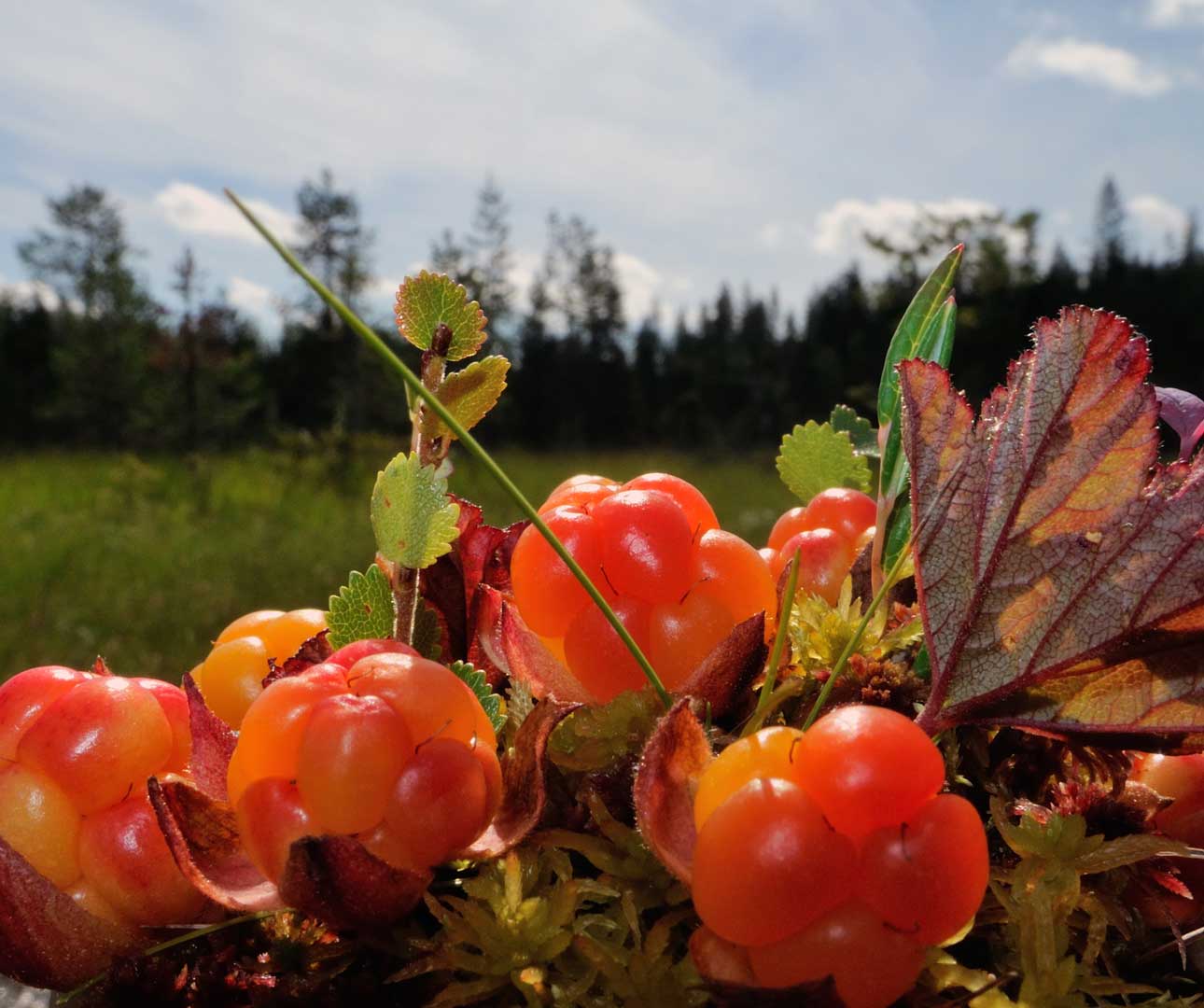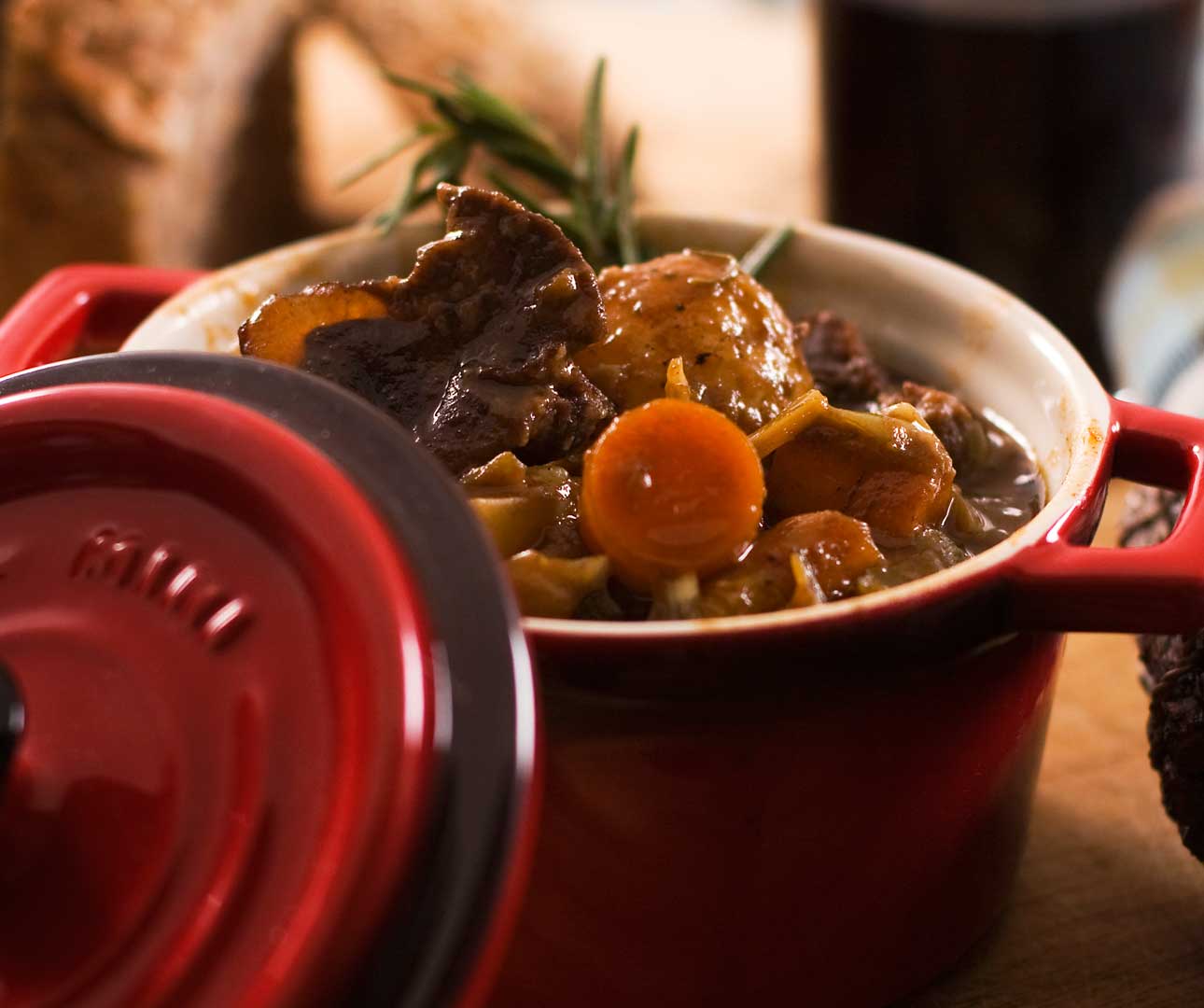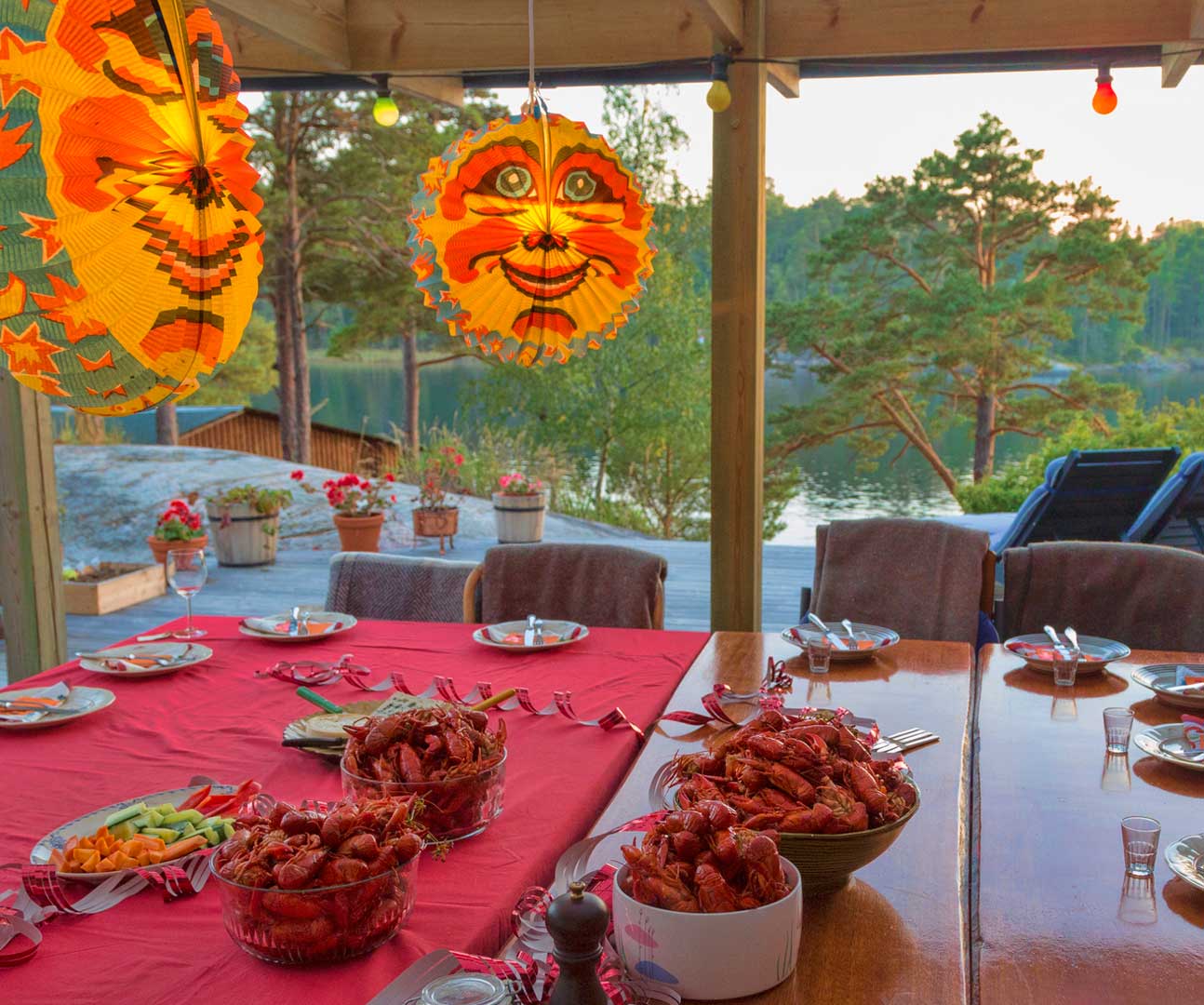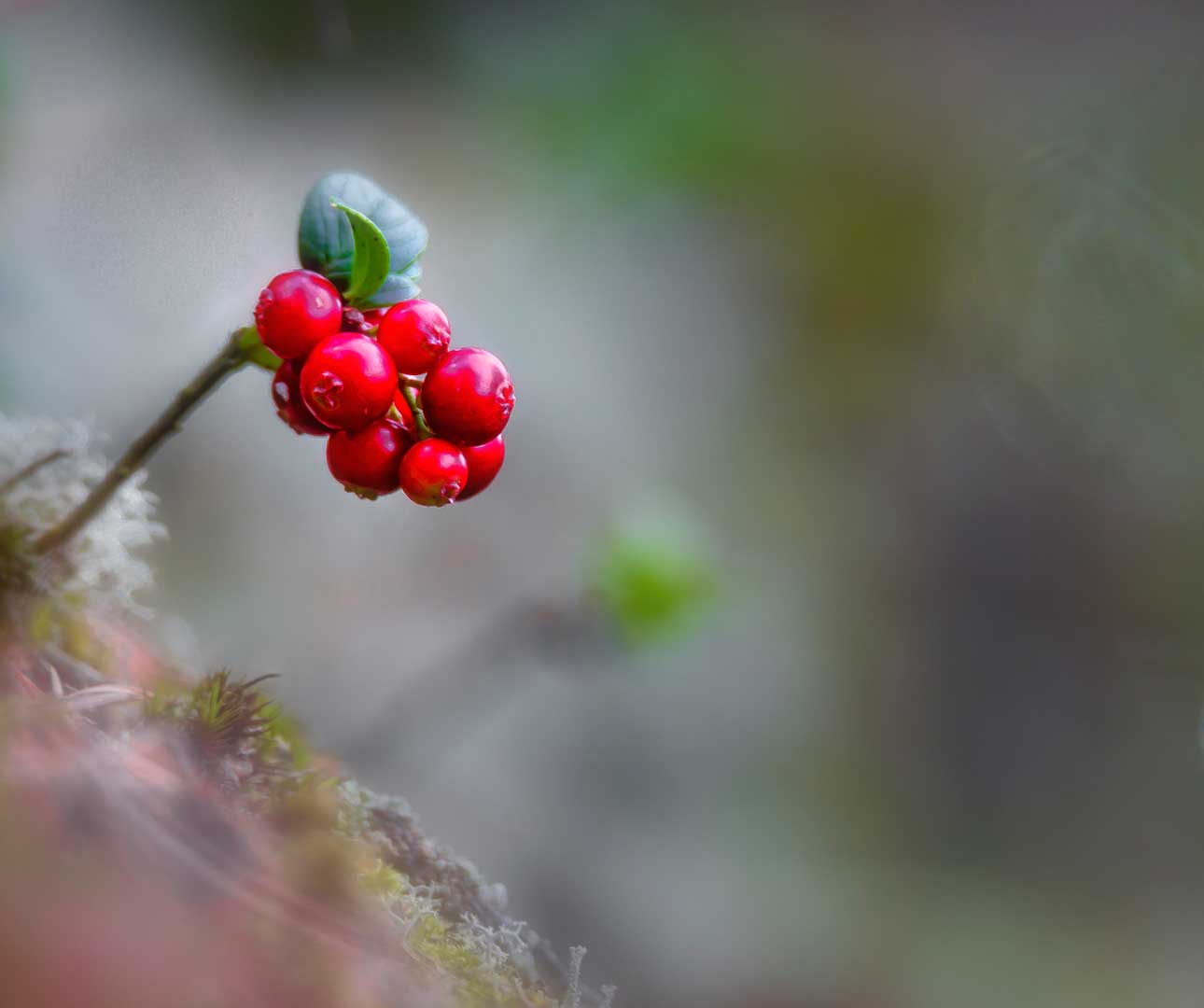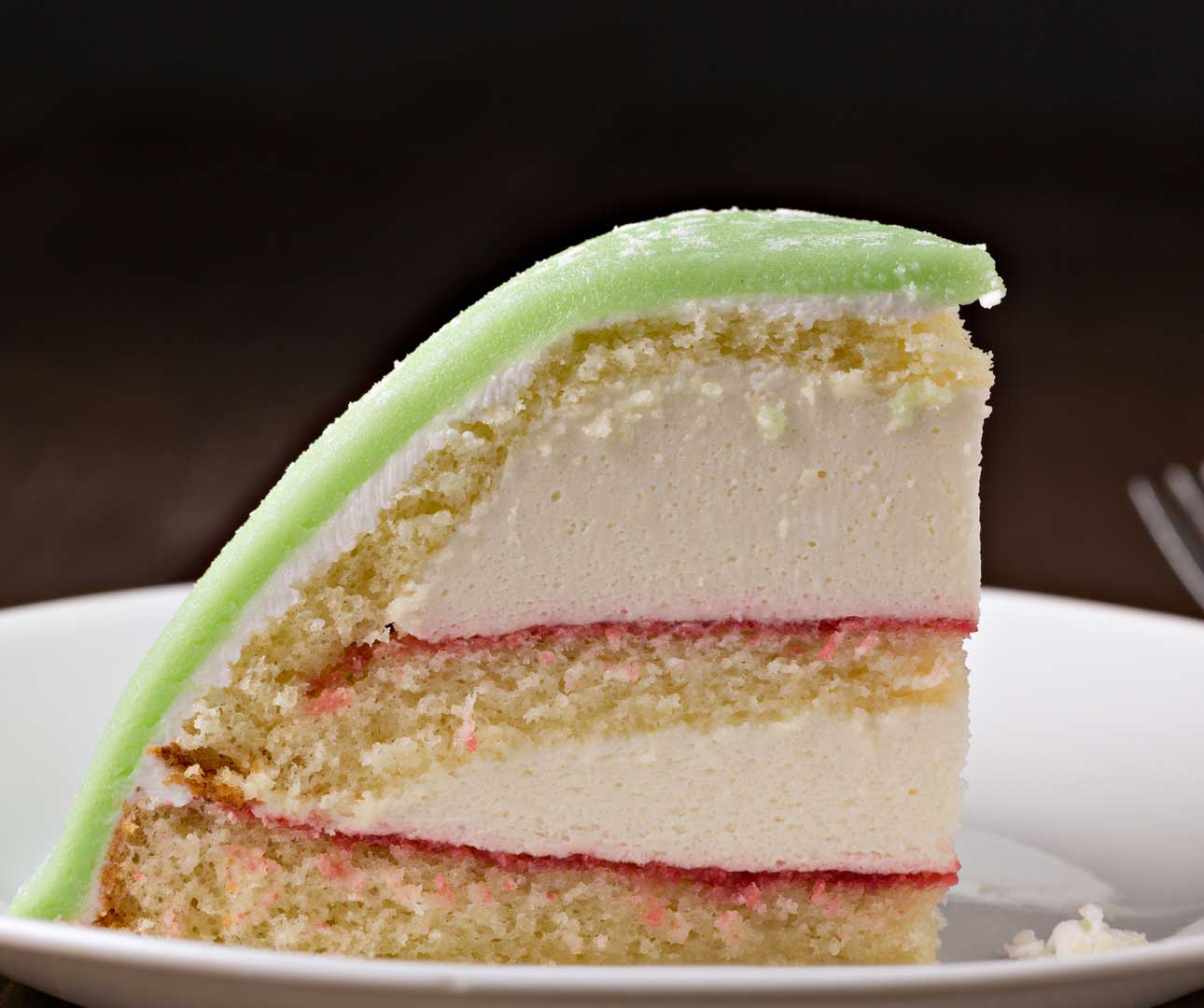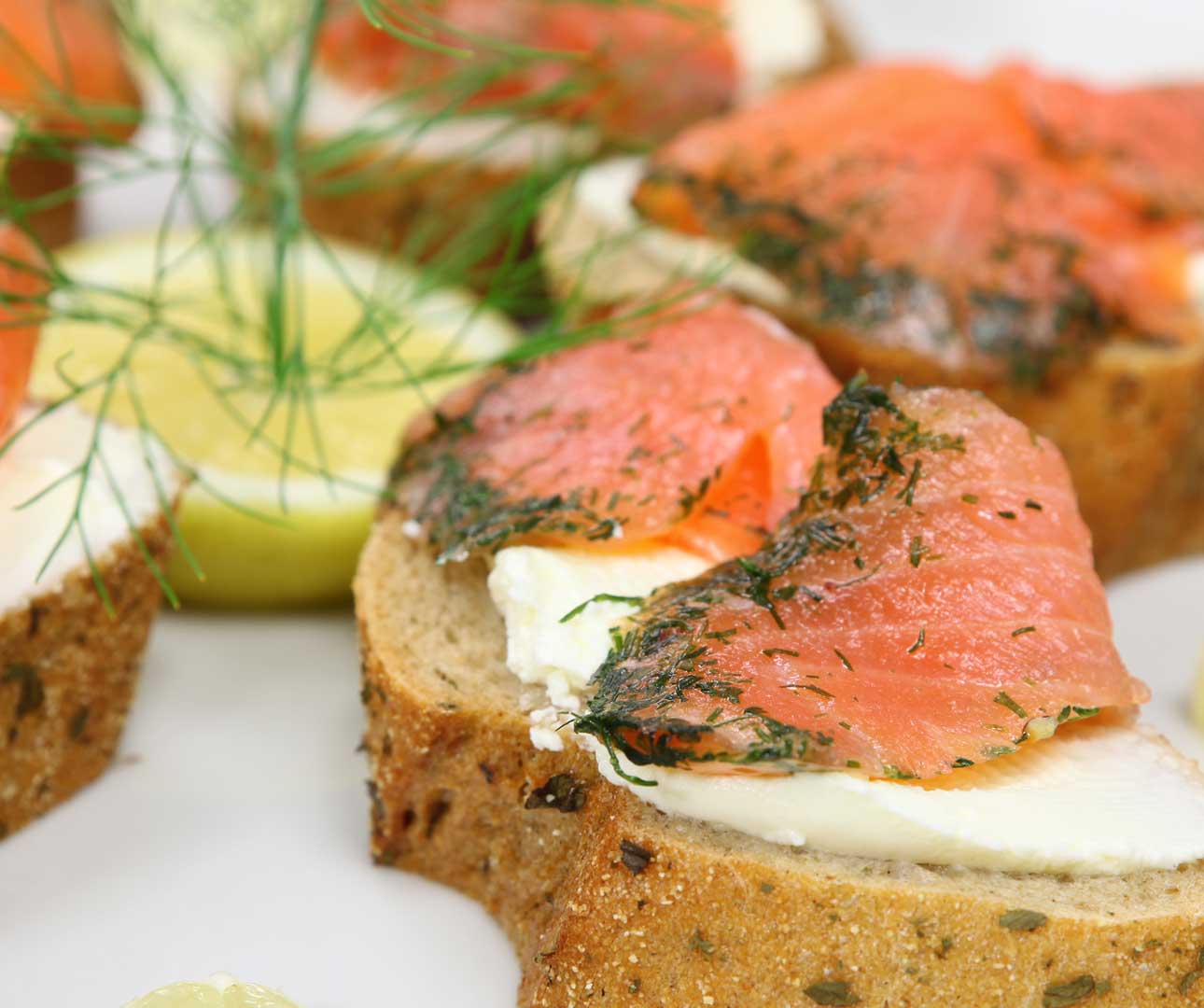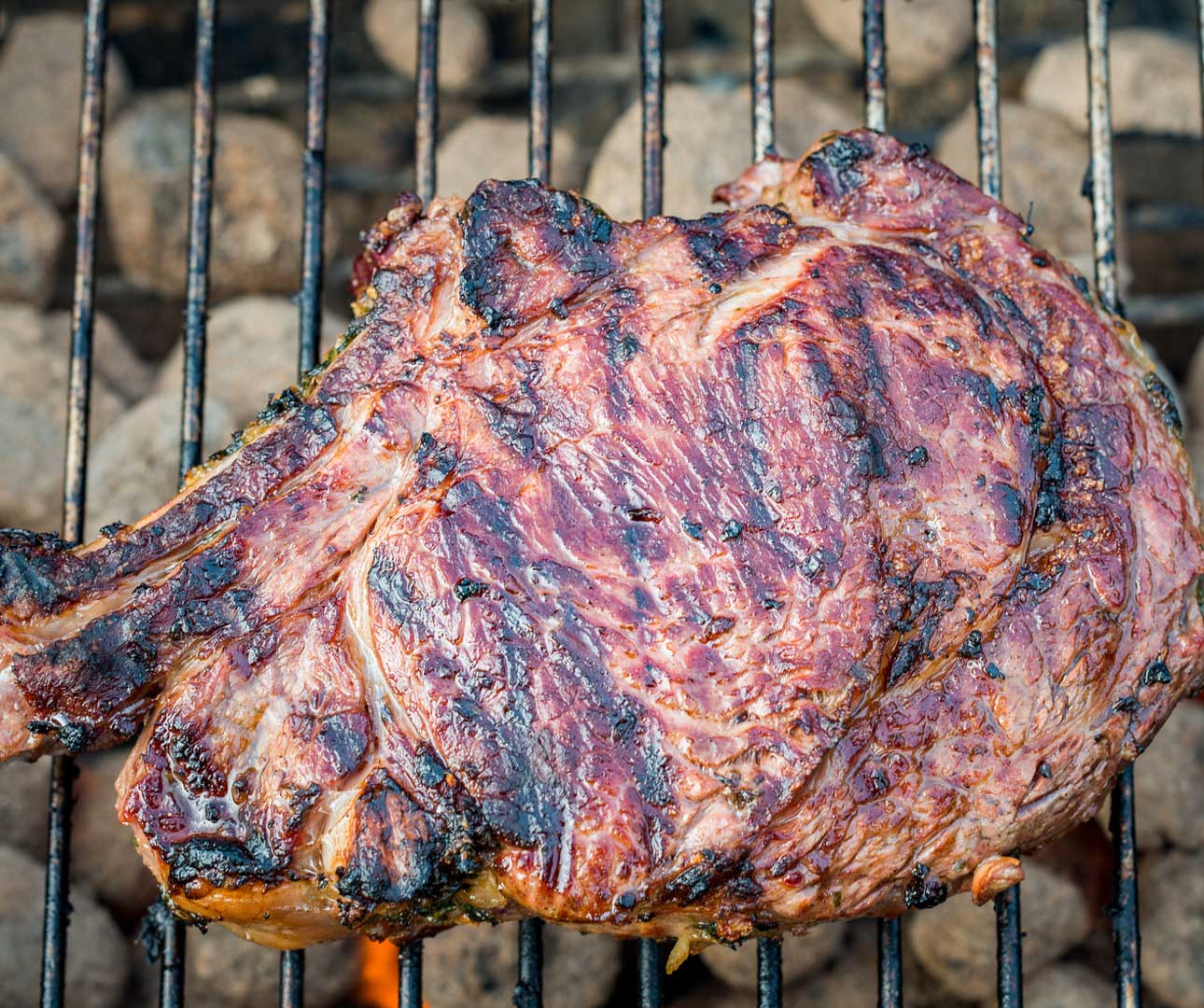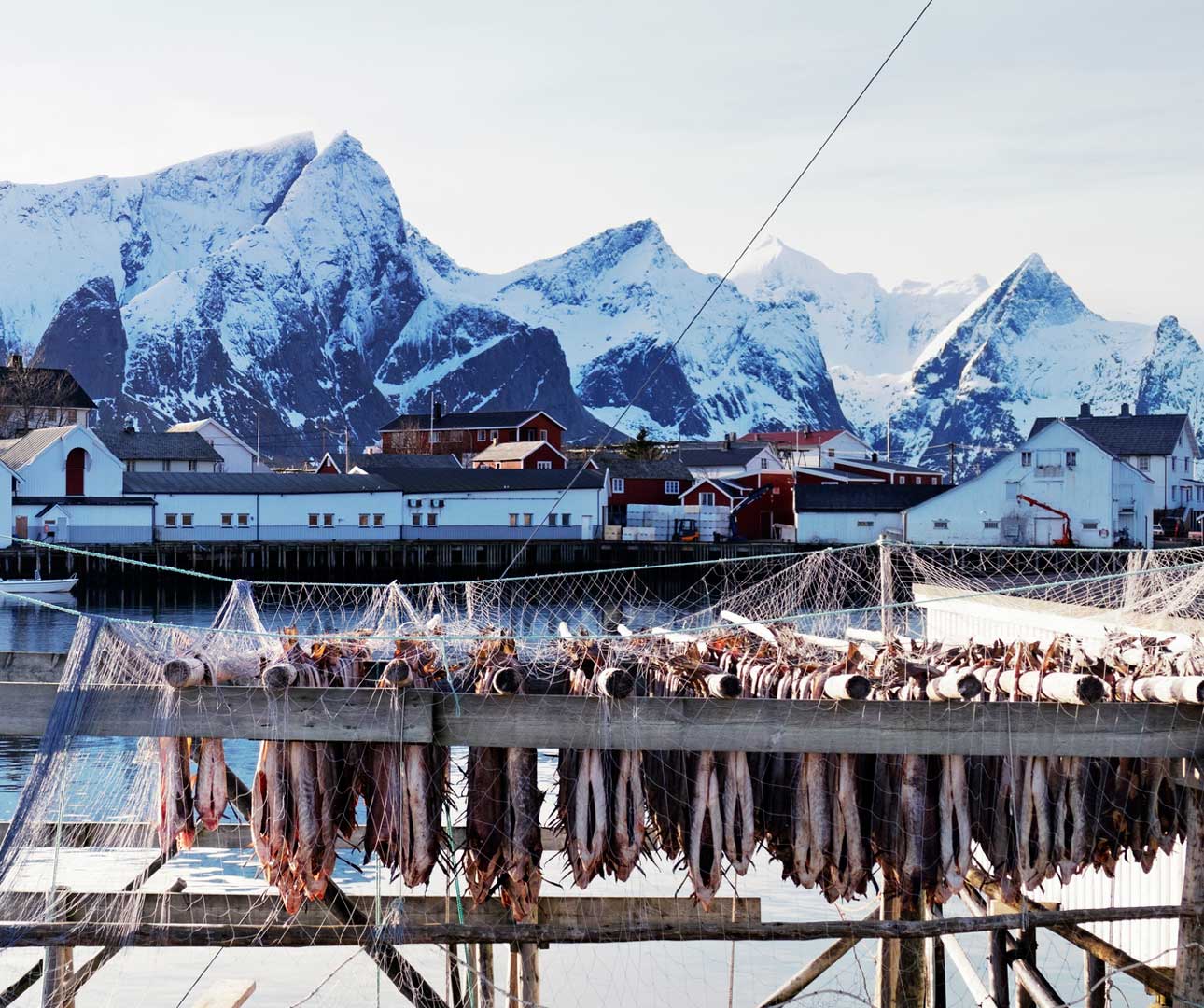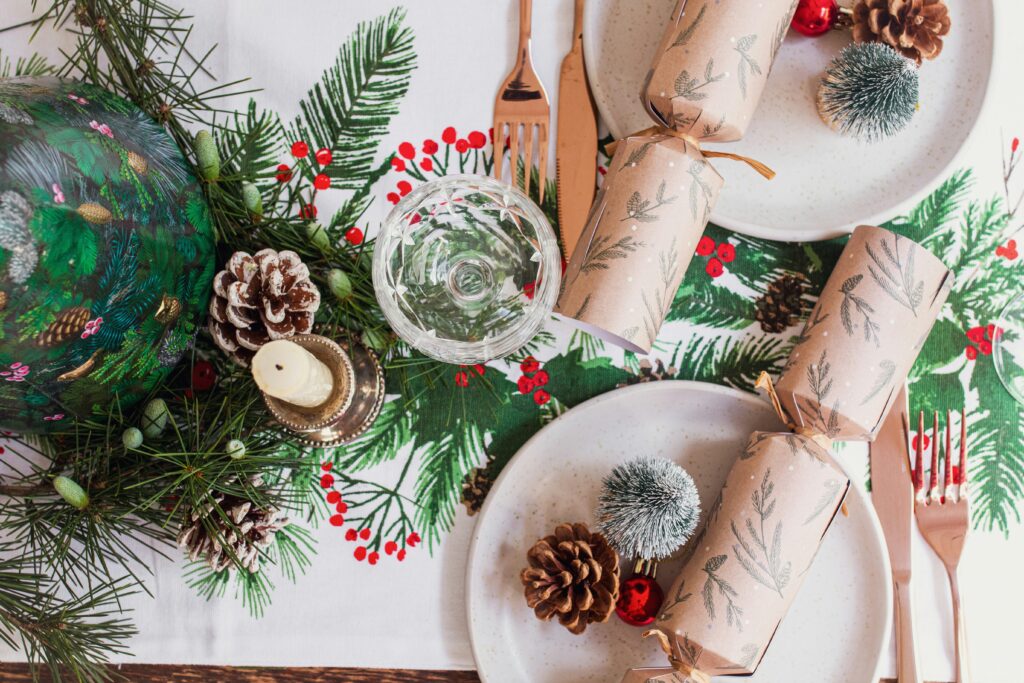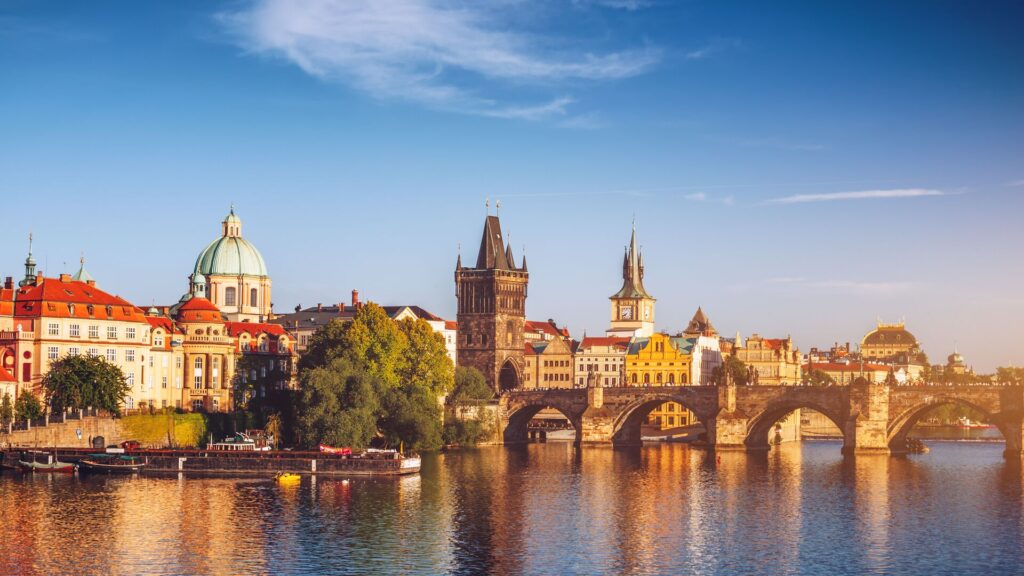Often reduced to pickled herring and Swedish meatballs, Scandinavian food in fact reflects a landmass that stretches from Steinsøy in the west to Finnmark near the Arctic Circle. Far from settling on one or two readily available ingredients, the region’s extreme seasons have made Scandinavians ever more inventive when creating their cuisine. It’s this attitude that shines through, broth on restaurant menus and in the home. From princess cake to cloudberries, here’s a deep dive into what Scandinavian food is all about, and some of the top Scandinavian foods to try on your next trip.
Which Scandinavian city has the best food?
You’ll find excellent food across the Scandinavian countries, so enjoy our city recommendations across the region. With 24 Michelin stars across the city, Copenhagen has become the go-to destination for fine cuisine, though Denmark’s capital is also home to the wonderful Torvehallerne food market for something less fussy but equally delicious.
In Sweden, head to Stockholm for a dynamic food scene. You’re not short of inventive, sustainably-focused restaurants and chefs here – in 2023, Stockholm was named the European Capital of Gastronomy.
The obvious option in Norway would be Oslo, but there’s a lesser-known destination for food-lovers: Trondheim. The country’s third largest city and the nation’s food capital, Trondheim is all about local produce from both land and sea presented in ever-evolving innovative ways.
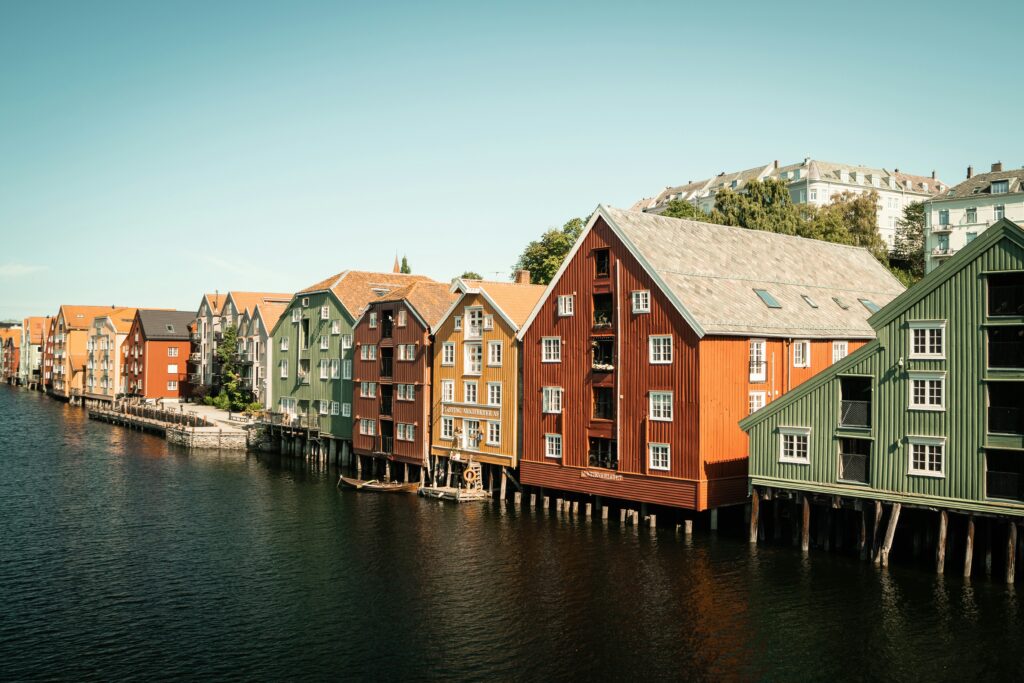
Trondheim, Norway
See the cities on our Northern Capitals tour.
What is a typical Scandinavian breakfast?
Scandinavian breakfast spans a wide range of sweet and savory dishes, encompassing everything from cheese or fish to skyr (a thick, tart, cultured yogurt) and berries – you won’t find any cinnamon buns or pastries on the breakfast table. Instead, open-faced sandwiches with rye bread are common, either with vegetables and herbs, or with homemade compote or jam (rarely lingonberry or cloudberry however – those are for dinnertimes and desserts, respectively). Simpler breakfast options include oatmeal or muesli mixed with yogurt and berries.
Wherever you are in Scandinavia and whatever you choose to eat for breakfast, it’s guaranteed to be accompanied by a strong cup of coffee, seeing as the region has the highest coffee consumption in the world.

Do Scandinavians eat healthy?
With a focus on fresh fish and seafood, wholegrains, vegetables, berries, and fermented foods, a traditional Scandinavian diet is naturally rich in omega-3s, vitamins, minerals and antioxidants, making it a healthy lifestyle to follow. Perhaps most importantly, it limits processed foods and places greater emphasis on wholefoods and seasonal produce.
Popular Scandinavian foods
Cloudberries
It may sound as though they belong to the pages of C. S. Lewis’ Alice and Wonderland, but in Scandinavia cloudberries are very much a real thing. Usually picked in early August, their big rosy flavors make for delicious preserves, tarts and liqueurs.
Cloudberries © iStock/RolfAasa
Elk
Wrapped in bacon, dry rubbed in spices, or left to bubble away in a stew, Scandinavians eat elk like their more southerly counterparts consume beef. Yet elk naturally has a far richer, sweeter flavor (and an even greater nutritional value) when compared to its bovine counterpart.
Elk Stew © iStock/GenevieveSasseville
Crayfish
Crayfish are synonymous with summertime in northern regions. Cooked up with salt, sugar or dill and washed down with a Swedish Aquavit, a Norwegian Linie or a Danish Aalborg, if you’re looking for the correct savory accompaniment, västerbotten is a firm favorite and widely regarded the ‘Emperor of Cheeses’.
Table Set For Crayfish Party © iStock/brittak
Dive into the history of Scandinavia on our Scandinavian Heritage tour.
Fårikål
Norway’s national dish, fårikål is a simple (but universally adored) slow-cooked lamb or mutton stew, layered with cabbage leaves and black peppercorns. If you find yourself in Norway on the last Thursday of September, then you’ll have even more reason to try it as that’s National Fårikål Day!
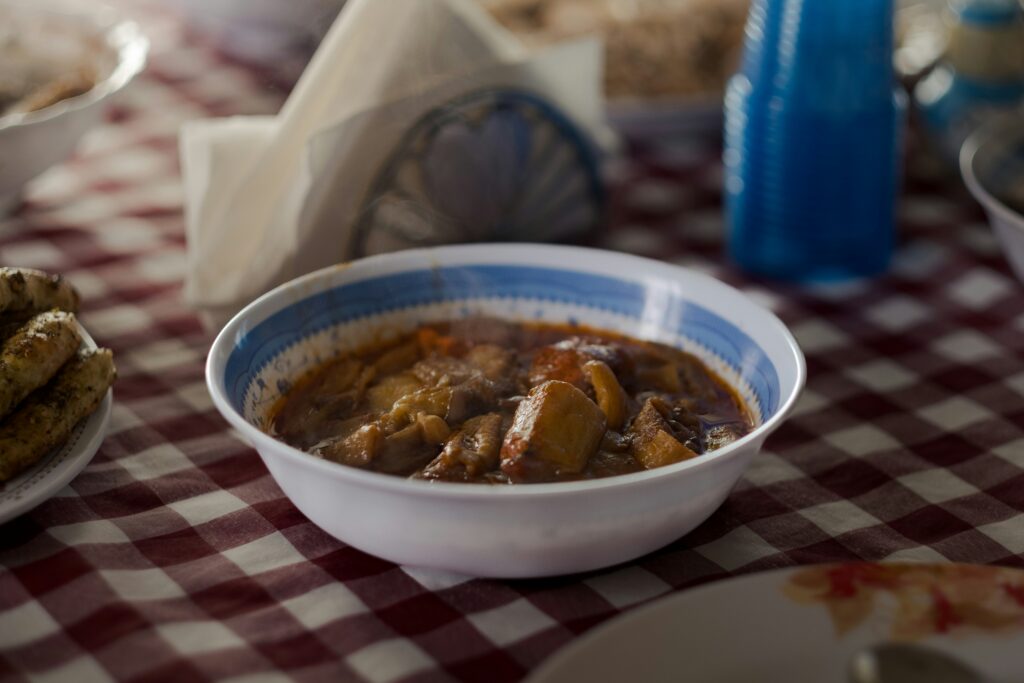
Lingonberries
A staple in forested regions, lingonberries are most often eaten as a jam. Naturally very tart, when mixed with sugar their dark juices make the perfect accompaniment to a range of classic dishes, from raggmunk (fried potato pancakes) to meatballs.
Ripe Lingonberries © iStock/maomspv
Princess Cake
Large, green and domed to fit in as much whipped cream as possible, Princess Cake (or prinsesstårta) is certainly a head-turner. Variations on its contents involve playful combinations of custard cream, jam, almonds and fruits, but what rarely changes is the delicious light, nutty taste with undertones of citrus and vanilla.
You may also like: This is the perfect two weeks Scandinavia itinerary
Slice of Swedish Princess Cake © iStock/DebbiSmirnoff
Smørrebrød
Smørrebrød simply means “buttered bread” in Danish, but has evolved greatly since it was eaten by laborers and farm workers in its simplest form. Nowadays, it’s recognised as more of an open sandwich, made with rye bread and a wide variety of toppings from fish, meat, cheese or fruit.
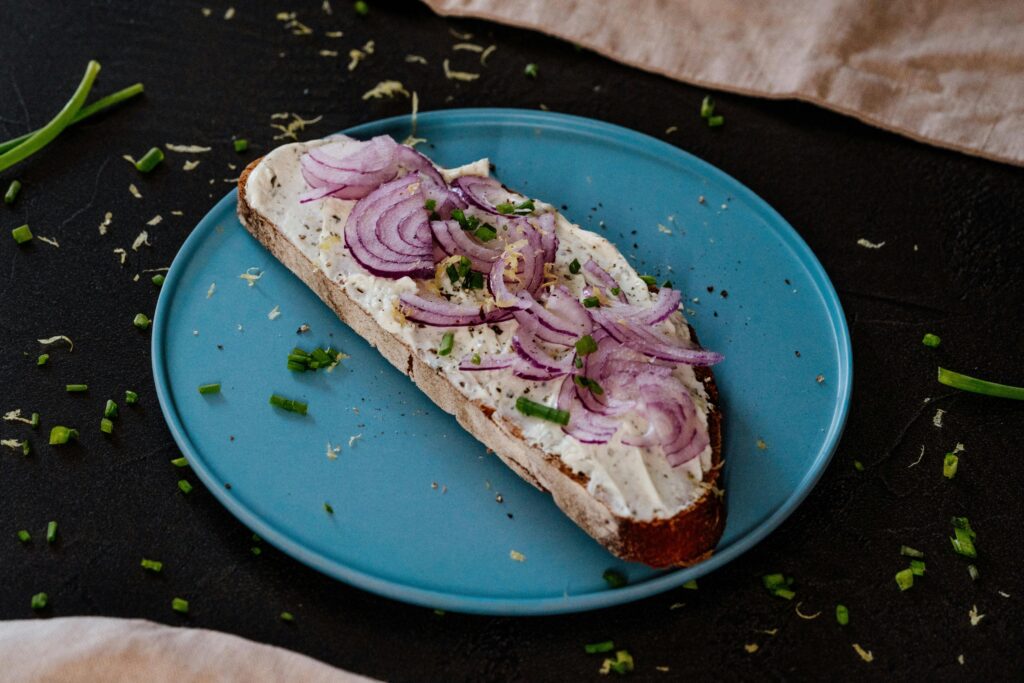
Gravlax
Salmon is often described as ‘melt-in-your-mouth’, and this delicacy really does. Once buried in the ground with salt out of necessity (in order to store food in the harder months), the Nordics soon developed a soft spot for its taste, throwing dill and pepper in too, and slathering it in hovmästarsås (mustard) for good measure.
Gravlax © iStock/dirkr
Raggmunk
A delicious crispy potato pancake from Sweden, raggmunk is made from grated potatoes mixed with flour, milk, and eggs before being fried. Often served with bacon and lingonberry sauce, they’re particularly popular in winter.
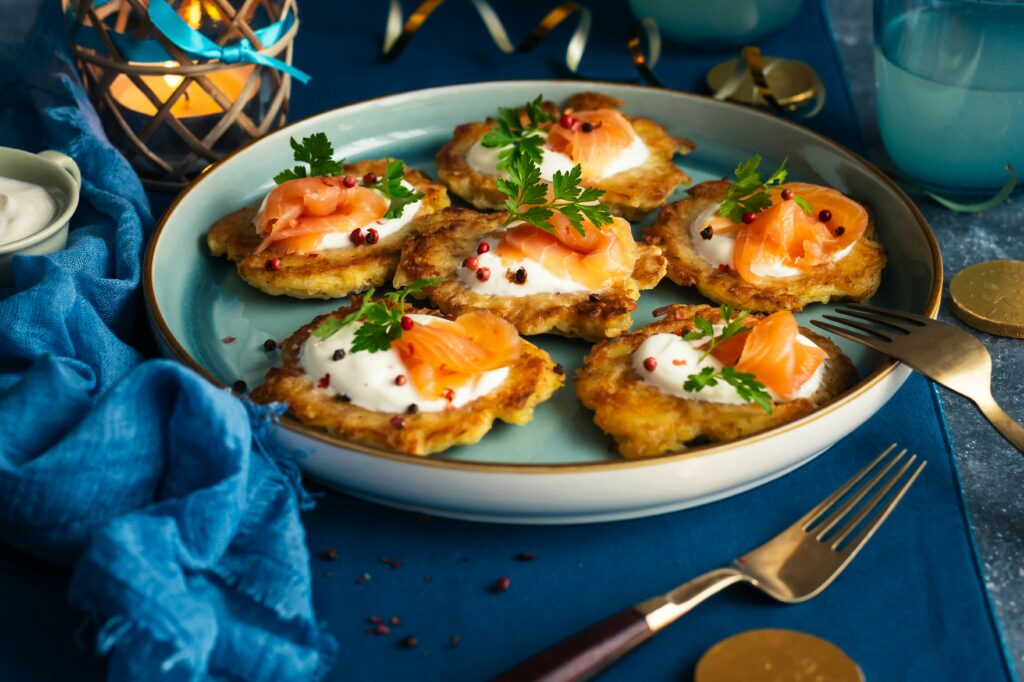
Cinnamon Rolls
Though you won’t find cinnamon rolls at the breakfast table, once it hits mid-morning there’s no avoiding them. Known as ‘kanelbullar’ in Sweden, they’re best enjoyed with a strong coffee throughout the day – you’ll also find some buns that include cardamom too for extra fragrant spiciness.
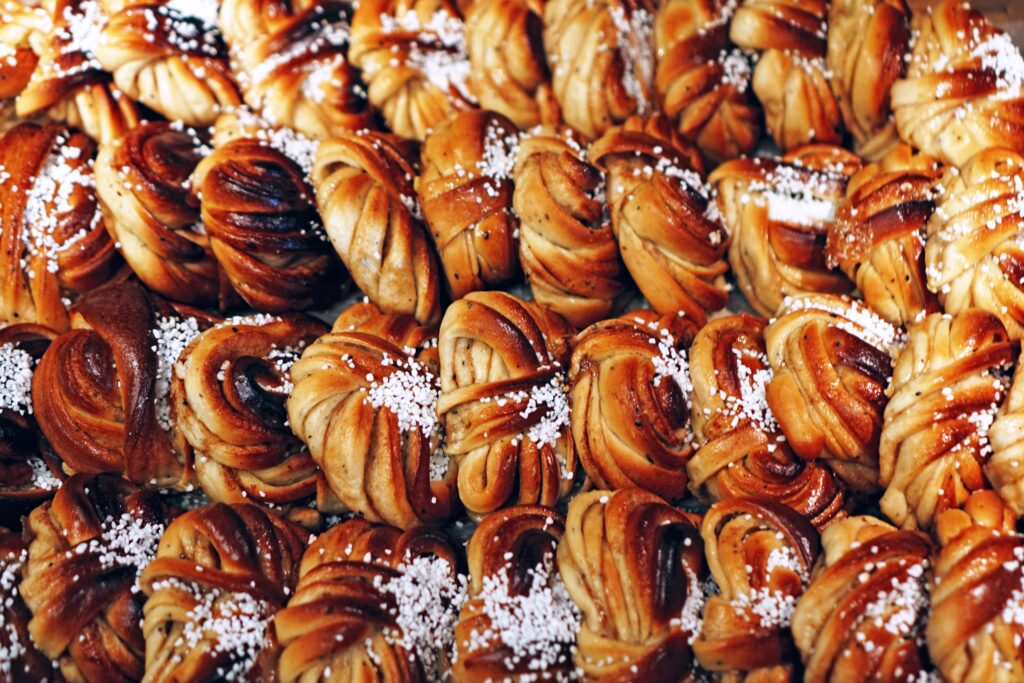
Svartsoppa
‘Black soup’ is a southern Swedish dish that uses goose or pig’s blood as its main ingredient and tends to be savored around mid-November, on the eve of St Martin’s Day. Don’t worry, it’s not just blood. There’s some veal broth, spices, sherry and fruit in there too.
Blood Soup © iStock/Dar1930
Pickled Herring
One of the most well-known Scandinavian foods, herring comes in many different across the region: fried, in a soup, boiled, on a sandwich, marinated, smoked, or pickled. Pickled herring is the most common, and is very versatile among many Scandi dishes – it can be enjoyed on bread, alongside onions and potatoes, or as the centerpiece of the table during celebrations like Midsummer, Christmas and Easter.
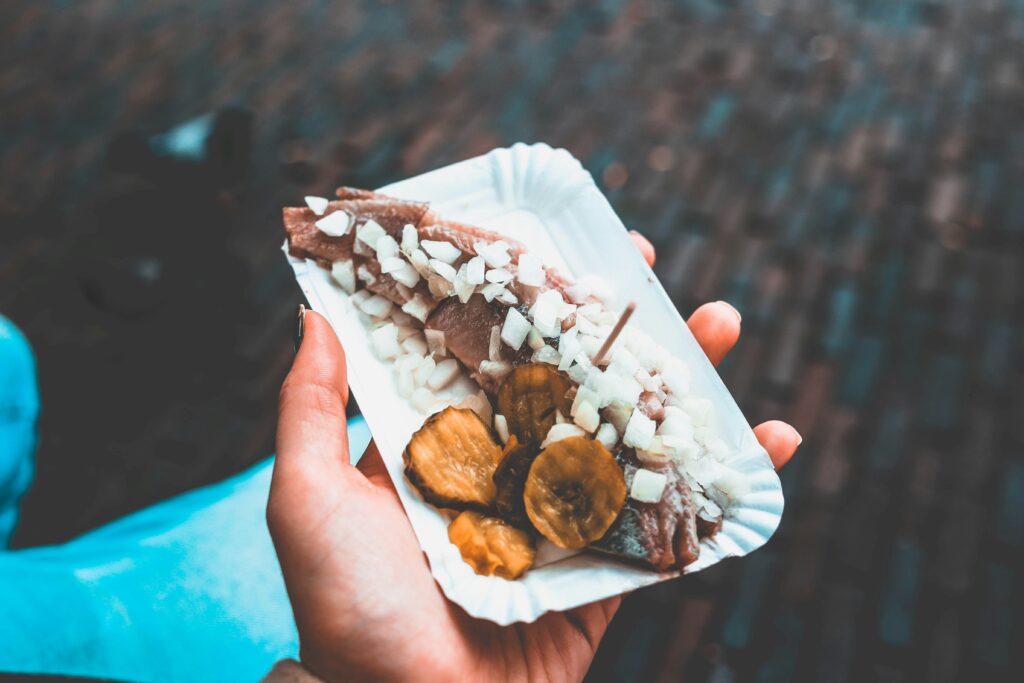
Reindeer
Tossed on pizza, cured and hung for weeks, squished into sausages, or served lean as a steak, there are plenty of ways to devour the full-bodied, tender delights of reindeer meat. Although eating reindeer might seem a little alien to southerly neighbors, it has been a way of life in parts of Scandinavia for centuries.
Big Steak © iStock/no_limit_pictures
Norwegian Waffles
Norway’s adorable heart-shaped waffles are a delight you can’t miss, thinner and softer than the American or Belgian versions. They can be enjoyed throughout the day, but are generally served either at breakfast time with eggs and bacon, or with generous dollops of berry jam and sour cream alongside a morning coffee.
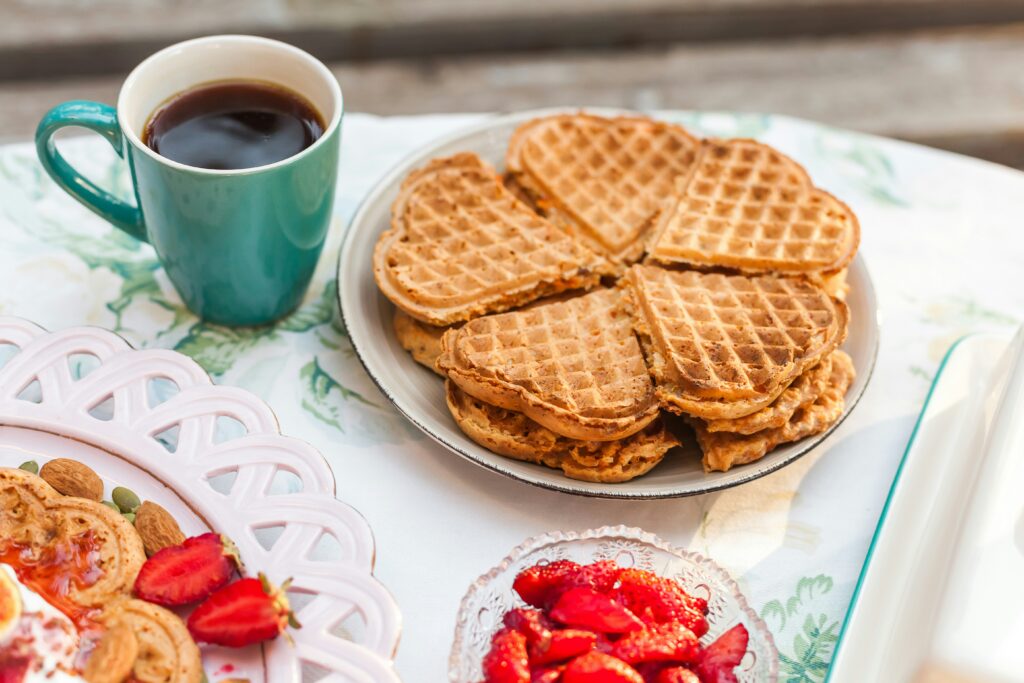
Knäckebröd
This ancient Swedish crispy bread dates back nearly 500 years. A staple among Vikings, it was ideal for long voyages, typically made with rye flour. Now though, it generally makes a wonderful crunchy snack slathered in butter or cheese.
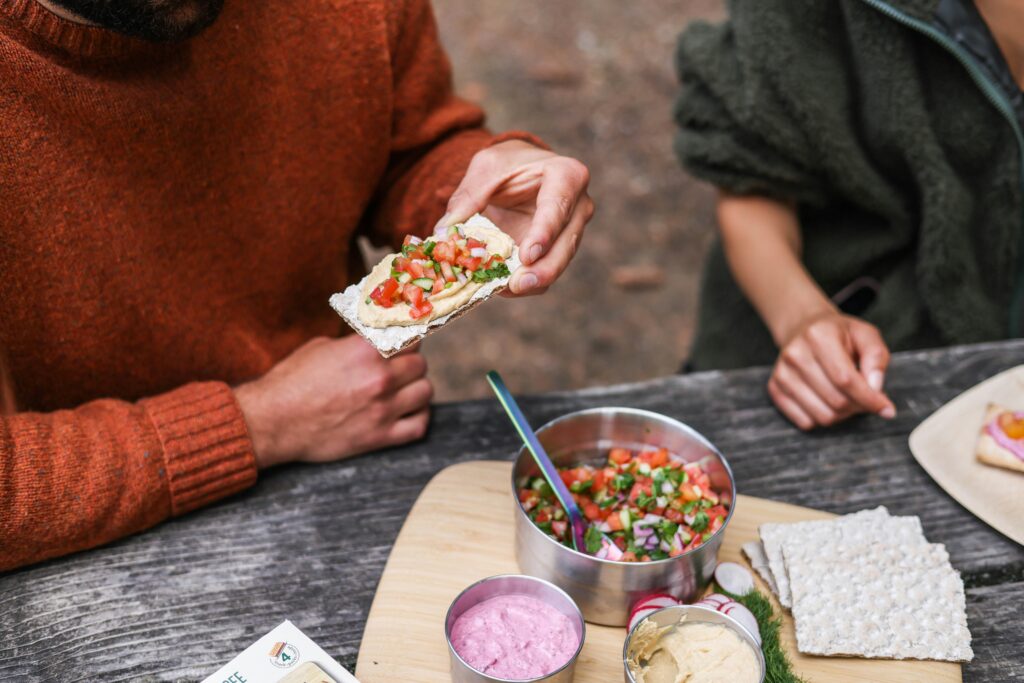
Blodpudding
Sweden’s version of black pudding, made from pig’s blood, flour and spices which is then cooked until it forms a sausage-like consistency. Before serving it’s sliced and fried, accompanied by a spoonful of lingonberry jam. It’s a unique dish, but highlights Sweden’s traditional no-waste food philosophy.
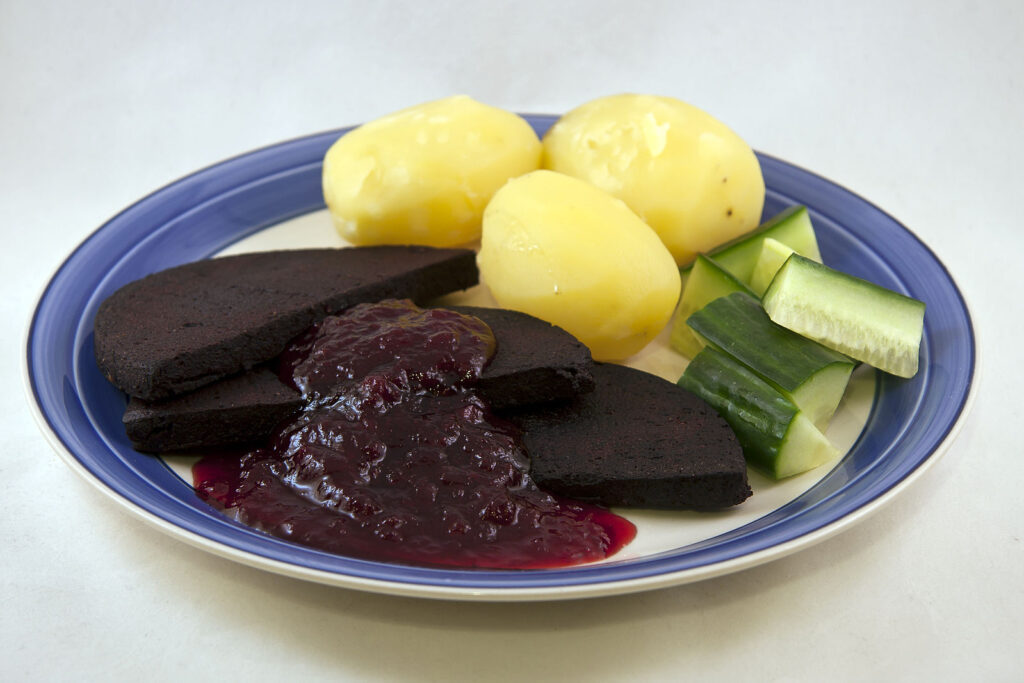
Smörgåsbord
A word limited not just to the food world, smörgåsbord originates in Sweden. The buffet-style meal is made up of mainly cold, but also some hot dishes, and isn’t a free-for-all like other buffets – smörgåsbord must be eaten in a specific order. Start with dishes like pickled herring and crispbread, move on to cured salmon, followed by meatballs and potatoes, and eventually enjoying some cheese. The finale? Coffee (of course) sipped alongside sweet pastries or cakes. Smörgåsbord is to be tackled slowly, and definitely with an empty stomach. Smaklig måltid! (That’s ‘Bon Appetit’ in Swedish.)
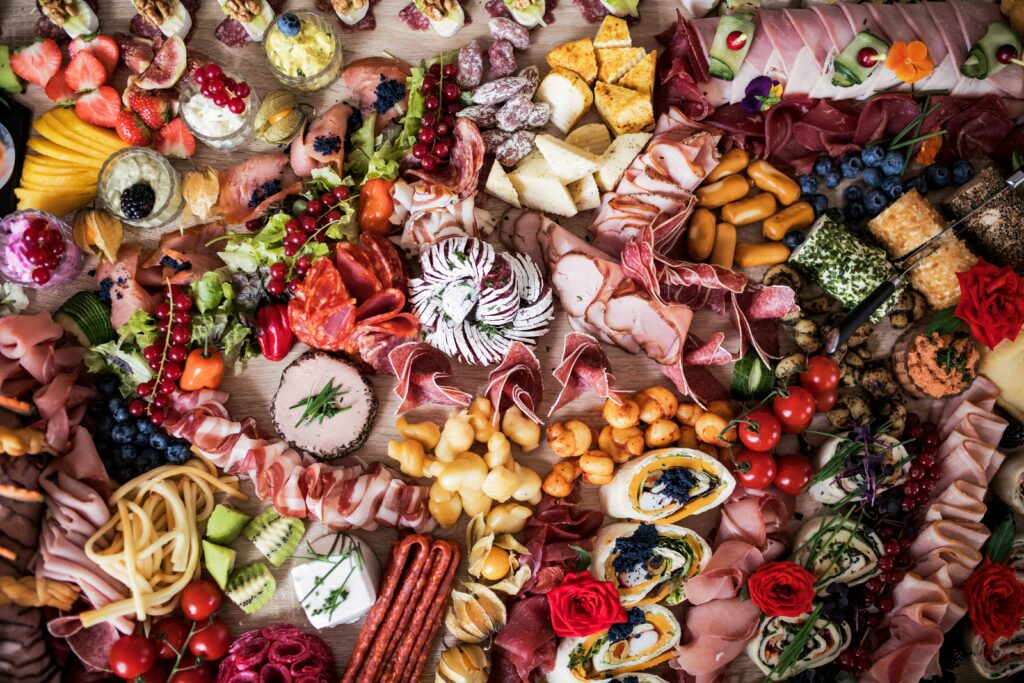
Lutefisk
Norway is undeniably divided on lutefisk. A dish of dried whitefish that’s soaked in lye solution for several days before being drained and served with butter, salt and pepper, some people love it, and others not so. Find out on which side of the fence you fall by trying it for yourself on your next trip.
Hamnoy © iStock/brytta
Pepparkakor
Sweet, spicy and deliciously intricate, pepparkakor are Swedish gingerbread cookies found in spades during the festive season. They’re thin and crispy, spiced with cinnamon, ginger, and cloves. They’re baked at home in their hundreds around Christmas time, found in all shapes from reindeer to Christmas trees.
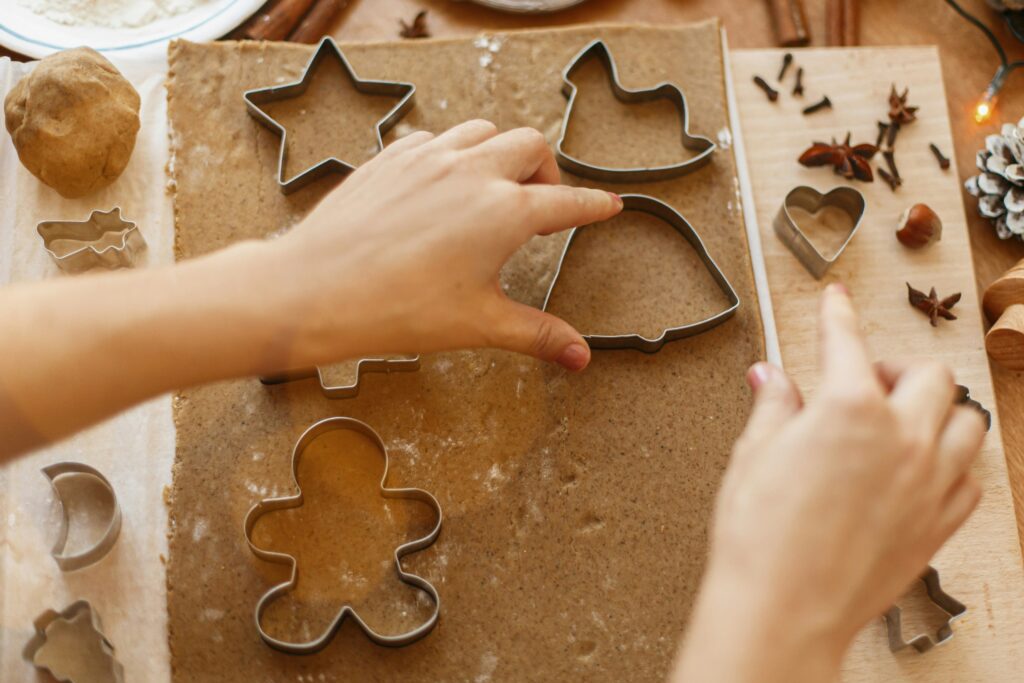
If the delights of crayfish, princess cake and reindeer have made you curious about Scandinavian food, why not sample it in person by booking a place on the Spectacular Scandinavia and its Fjords journey?
